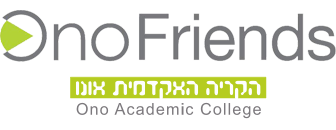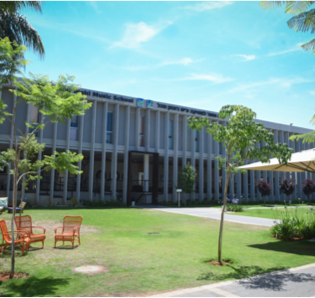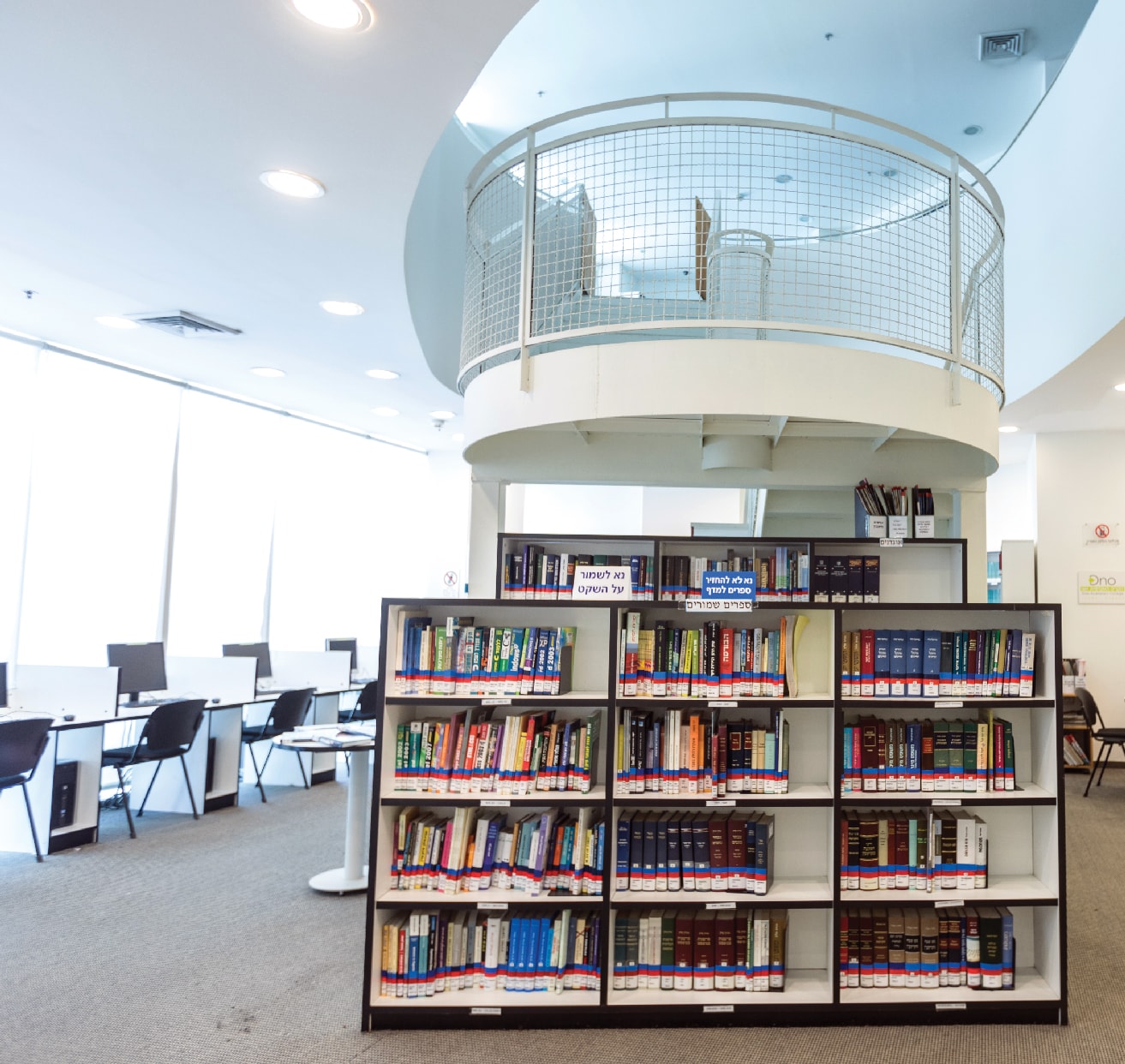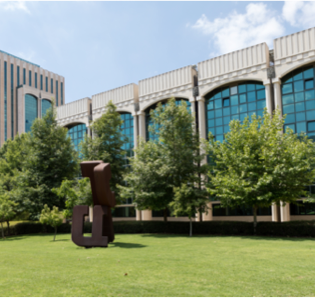
Yehuda Leeman, a psychotherapist and clinical social worker who serves as a lecturer in education at Ono Academic College says that it is very difficult to identify when adolescents are in distress during the Corona period. In an article in Walla, one of Israel’s most popular news outlets, Leeman notes that this is a serious problem
Leeman begins saying that while we are all going through an extreme and challenging period this year, it is even more difficult for our teenagers. They exhibit numerous signs of distress including locking themselves in their rooms for hours, staying connected to a screen for at least 15 hours a day, and maintaining only virtual communication with the outside world. Leeman says that this is how many teenagers behaved even when there was no COVID epidemic so he suggests signs for identifying adolescent distress during this period.
He enumerates a number of warning signals including:
- Extreme changes in daily behavior and functioning
- Avoiding contact and especially eye contact
- Emotional and disproportionate eating
- Confusion, compulsive and troublesome thoughts
- Not exiting their room, suddenly or for several days
- Suspicion of abuse by friends or others on social media
- Statements of a suicidal nature
In conclusion, Leeman says that while we are all going through an extremely challenging period, for our teenagers it is even more difficult. He advises that if parents think they are in distress, they should listen to their gut feelings, and even if they have a doubt, they should not ignore the warning signs. Adolescents trust their parents to be there for them. Sometimes it is appropriate to intervene, ask and even dig deep. If necessary, one should consult with the right professionals.
The full article can be read at: https://healthy.walla.co.il/item/3394775




